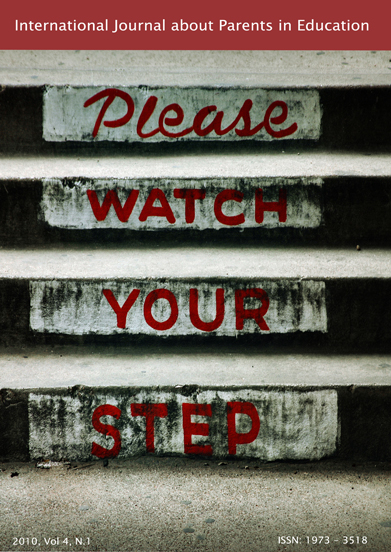The social world of children’s homework
DOI:
https://doi.org/10.54195/ijpe.18165Abstract
In a contemporary Danish context, most children and young people, as well as their teachers and parents, consider homework an integrated part of schooling. This article presents findings from a Danish research project: Home-school co-operation as a cultural given (a multi-sited ethnographic study financed by the Danish Research Councils and the Danish School of Education). This part of the study focuses on practices and narratives concerning experiences of, and attitudes to, homework among a number of children and their families in five different schools in four different areas of Copenhagen, encompassing three age-groups (5-6, 12-14, 15-16 years). The aim is to understand what homework means to the actors involved and how the children and their families cope with homework in their everyday lives.Homework appears as a theme in a multitude of manners: in children’s daily experiences with homework; as an issue between children and their families; and as a disciplining strategy imposed on families by the teachers. Even though the pupils did not enjoy homework as a concrete activity, they expressed a need for homework (or the imagination of homework) as a symbol of constructing themselves as schoolchildren/young people. Homework was seen as a burden, yet something unavoidable. In a future-life perspective, homework can be seen as socialisation to a labour-market depending on obligations and submissions, and as an extension of labour time into leisure and family life.
Downloads
Published
2023-11-11
Issue
Section
Articles
How to Cite
The social world of children’s homework. (2023). International Journal about Parents in Education, 4(1). https://doi.org/10.54195/ijpe.18165





